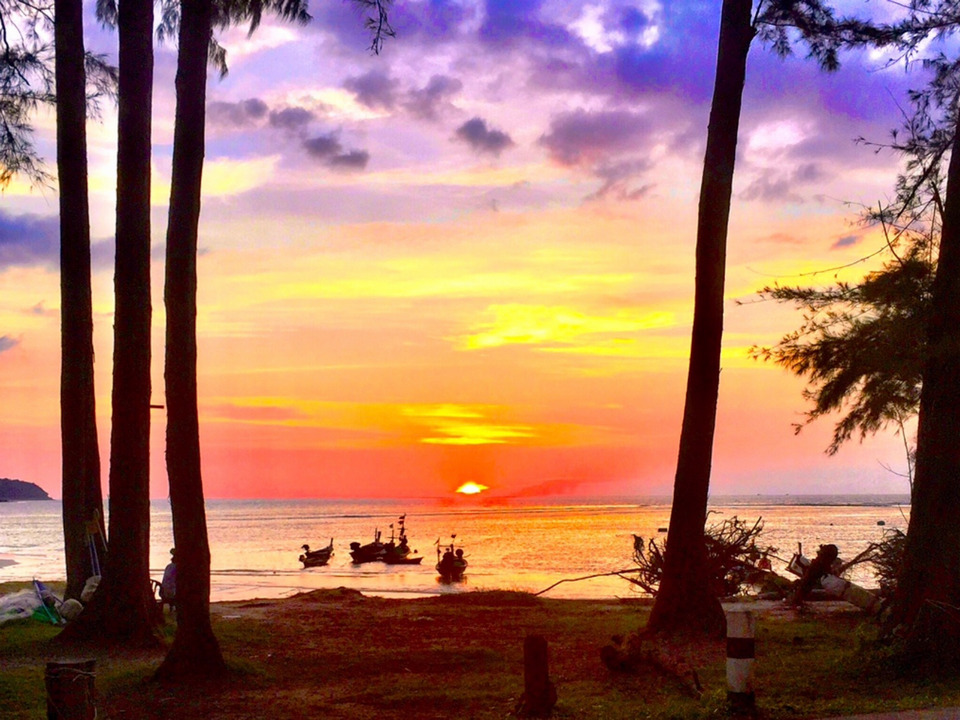
Has travel and tourism in Thailand changed? I found myself contemplating the answer as I sat drinking my pint in the Londoner pub in Bangkok with a mate. I’m a Yorkshire lad and having a pint in t’pub is something we do but this one was special. With the pandemic it had been 19 months since my last pint in a Bangkok pub and as I sat there it all seemed so normal, so real as though nothing had passed. As though nothing was different.
But it most definitely was different, the arrival of Covid-19 was an event of such magnitude that no-one was spared. As I sat sipping my pint my thoughts turned to the future. What lay in store for the industry I had been involved in for more than 4 decades. In 2019 in a world unaffected by the coronavirus, Thailand welcomed 39.9 million tourists from across the globe. This year the industry forecasts it will be difficult to reach 6 million for 2021. A drop of 85%.
Tourism is a major economic contributor to the Kingdom. Estimates of tourism revenue directly contributing to the GDP, according to Wikipedia, range from one trillion baht (2013) to 2.53 trillion baht (2016), the equivalent of 9% to 17.7% of GDP. And according to the National Economic and Social Development Council (NESDC) in 2019, the tourism sector was projected to grow and in the next ten years would account for 30% of GDP by 2030, up from 20% in 2019.
These forecasts however have been adversely affected by the pandemic, NESDC confirms the actual figures for Thailand’s GDP contracted 6.1% in 2020 due to Covid-19.
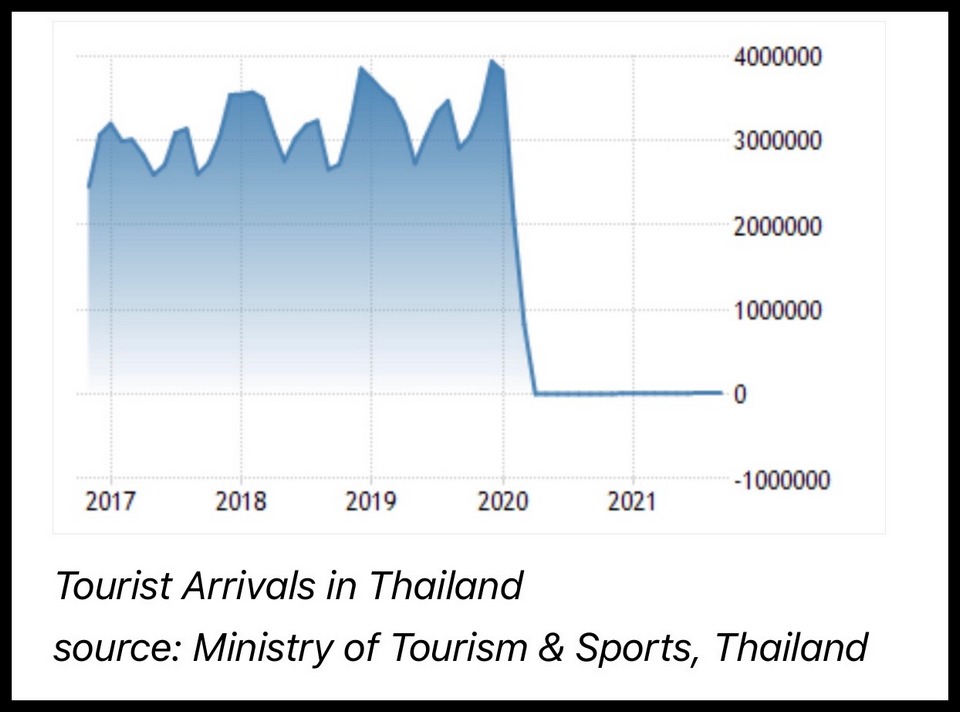
Thai Airways
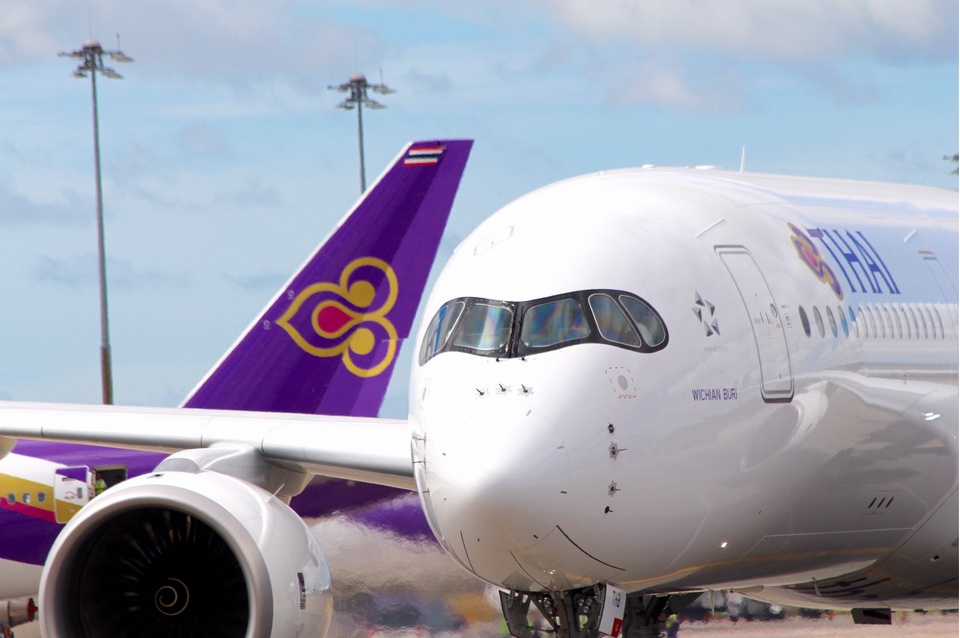
Lease and hire purchase contracts on 16 aircraft were scrapped and 42 fuel inefficient aircraft are up for sale, 38 operational planes remain, of four rather than nine types. Another 20 A320s continue to operate under the subsidiary low-cost airline, Thai Smile, giving the group 58 aircraft.
Last month Thai Airways announced they will sell off 42 planes and reduce its workforce by almost one-third as it continues restructuring the business. Piyasvasti Amranand, head of the restructuring efforts, said planes being sold are older less efficient models and it will return 16 jets to lessors.
That will leave Thai Airways with a fleet of 58 planes. The workforce will be cut from 21,300 to 14,500 by December 2022. The airline is also in talks with the government for an additional 25 billion baht loan.
The airline however remains optimistic, announcing last month during a press conference at London’s World Travel Market that Thai Airways International and its subsidiary Thai Smile have resumed flights on 36 routes from Bangkok’s Suvarnabhumi airport.
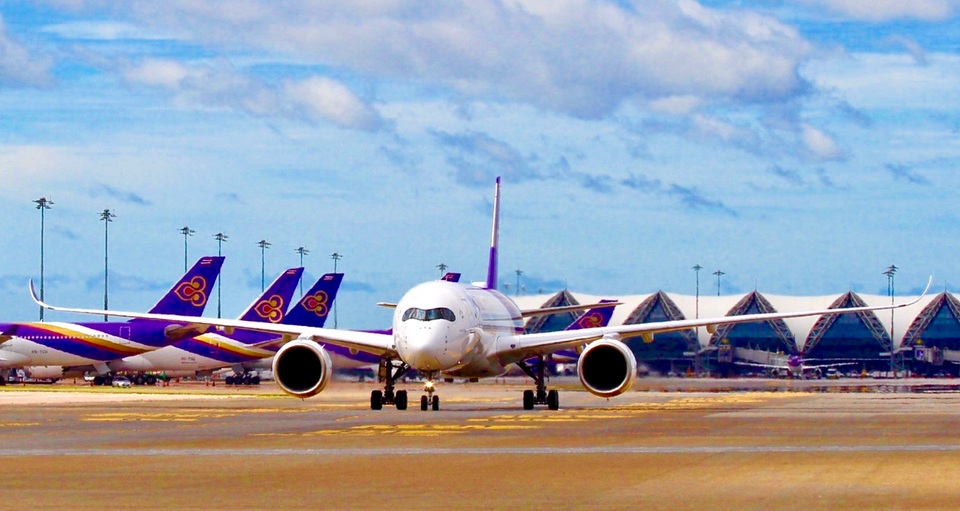
The airline says the recent increase in routes responds to the Thai government’s decision to reopen travel to fully vaccinated travellers from 63 countries since 1 November 2021.
No longer the top player in transporting tourists to Thailand, the national airline however will serve the 36 routes reinstated for the timetable period 31 October 2021 to 26 March 2022, 19 to Asian destinations, nine in Europe, one in Australia, and 14 domestic cities served by Thai Smile Airways. Flights are operating at 50% capacity to meet health and safety rules.
Research released during London’s World Travel Market suggests that the cost of flying is likely to increase. Additionally UK consumers said they are also aware that the twin impact of Covid and Brexit on prices has the potential to impact the affordability of travel, saying this is a concern for the future.
International Visitors
TAT forecasts international visits will rise to 1 million from 1 November 2021 to 31 March 2022. But travel industry executives note that while the new rules might be more user-friendly, the bulk of the arrivals remain in the “essential travel” category. The risks, uncertainties, and the see-saw swings in regulations and policy will remain a deterrent for genuine leisure tourists.
Speaking to agents and online travel executives here in Bangkok, bookings for real tourists are still very thin on the ground. Most bookings are from returning Thais and expats with jobs here. Many of the early Phuket Sandbox arrivals fell into this category, as it was the first opportunity to return to Thailand after waiting-it-out overseas, not being allowed to easily travel to Thailand and thus not able to return to their homes.
During the first three days after the country reopened on the 1st November, the Department of Health said 4,510 travellers entered the country with just six passengers testing positive for Covid-19. Most of the passengers were returning Thais and expat Thailand residents plus travellers from Singapore, Japan, Germany, London, Qatar and China.
TAT’s latest press report Thailand Travel Situation stated that from January to September 2021, Thailand welcomed 85,845 international visitors through various entry schemes, such as the Sandbox, Special Tourist Visa (STV), the Thailand Privilege Card and Medical Tourism.
Visit Thailand Year 2022
Also during London’s World Travel Market show (WTM) TAT launched its Visit Thailand Year 2022 presenting travel experiences under three ‘Amazing New Chapters’.

💠 Chapter 1, or The First Chapter, will see TAT highlight tourism products and services that will awaken travellers’ five senses, such as delicious Thai cuisine and the picturesque natural scenery that can be discovered all throughout the kingdom.
💠 In Chapter 2, The One You Love, TAT will focus on specific segments like families, couples, and friends and invite them to create beautiful memories together in Thailand. In particular, Bangkok, Phuket, and Chiang Mai will be promoted as destinations for weddings and honeymooners, with their beautiful beaches, mountain resorts, and vibrant city appeals.
💠 Chapter 3, The Earth We Care, will highlight how nature’s chance to revitalise due to the Covid-19 situation has increased ecotourism awareness among the world’s travellers and how their behaviour has impacted the environment.
In addition, other segments will highlight gastronomy, health and wellness, as well as workcation (allowing people to work remotely and enjoy a vacation).
During WTM TAT also promoted the country’s reopening to international visitors who are fully vaccinated. Welcoming visitors from 63 low risk countries and territories with just one-night at an SHA+ registered hotel while they wait for the Covid-19 test results.
In 2022, TAT forecasts tourism will generate 1.589 trillion baht, including 818 billion baht from international tourists and 771 billion baht from domestic tourists.
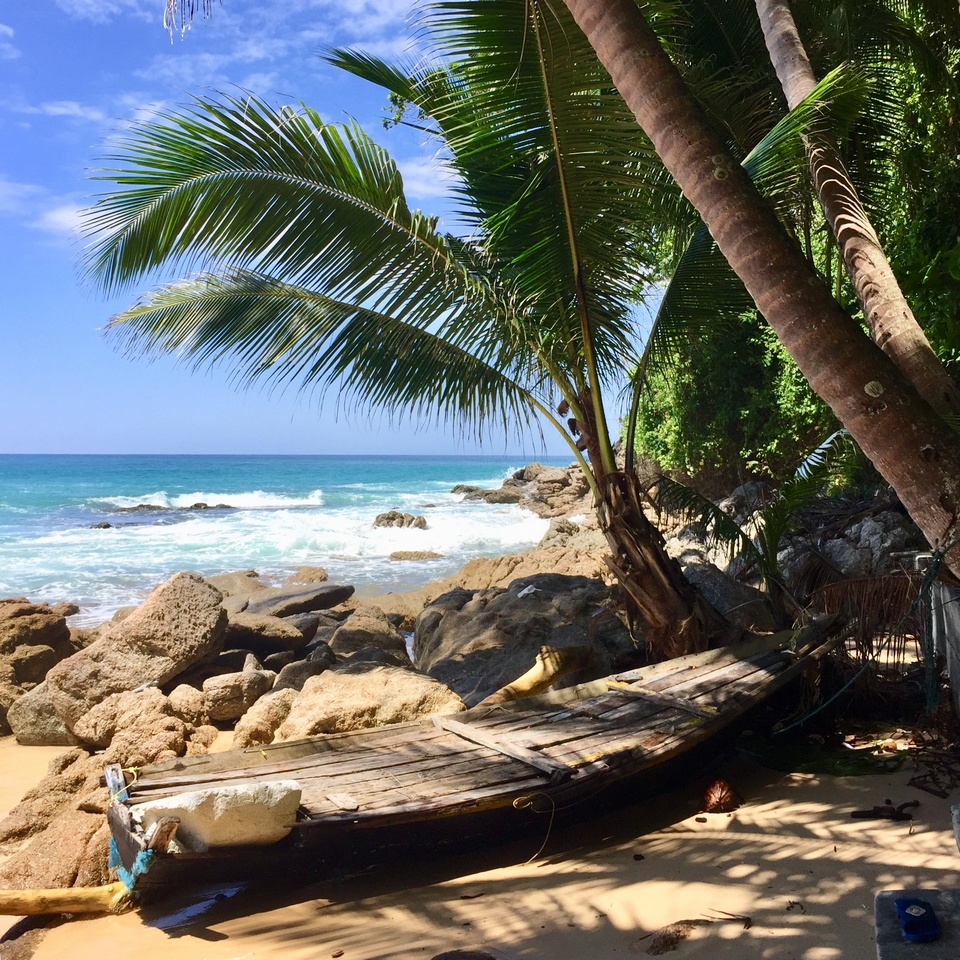
What Will The Travel Trends Be For 2022?
Predicting the future is fraught with difficulties, Covid has taught us to expect the unexpected and here in Thailand to be patient in all things. Generally we escaped the worst for that we are grateful. At home in the UK they are still dealing with 40k new coronavirus cases everyday but are slowly learning to live with the virus. My sister walks dogs for friends and family and whilst cautious normalcy returns she still advocates most strongly that masks must be worn and social distancing practiced when dealing with people.

A former senior teacher who taught teachers to teach is based in the beautiful village of Cookham in Berkshire. She is out walking her 2 dogs most days along with other dogs that owners ask to be looked after while they are away. She is happy but puts masks on near people. She has twice battled Covid and is very cautious. Here in Thailand daily figures are a quarter of those back home. Life here is also slowly returning. People are very keen to have normalcy and our government is very keen to keep figures low.
At the time of going to press, Thailand will have administered 93m doses of Covid-19 vaccine, 70% of the population will have received at least 2 doses and third booster shot will also be widely available too.
There is no doubt the world has changed. With conventional travel brought to a standstill in 2020 and 2021, most of us have and will continue to explore locally.
Staycations and domestic trips are sure to increase. If getting on a plane is considered risky, people will avoid it, staying instead closer to home.

The variety and scope of staycations will expand and will again be popular throughout 2022. Many of us are eager to travel internationally but will patiently wait until next year and look instead to discover and explore hidden gems nearer to home, they are easy to access, and may not involve air travel, with the added bonus that local domestic trips are on the whole better for the environment. More specialised and certainly more diverse, whether targeted demographically by age, gender or by our special interests and hobbies, all will be catered for.
Future Trends in Travel
I’ve identified 6 major trends that we are likely to see in the future:
1. Travel agents and travel professionals will become essential.
2. Sustainable tourism will soar.
3. Small and local communities will benefit.
4. Quality over quantity will be paramount.
5. Staying closer to home will become the norm.
6. Travelling and planning trips is good for you and aids mental health.
We all want to book holidays that have cancellation options without penalties. We don’t need the stress and worry and will look for increased flexibility. Thankfully most travel agents, OTAs, airlines, hotels and car hire companies understand this and offer sensible booking conditions and are beginning to offer improved terms and policies. With 2020 and 2021 travel being decimated by the pandemic – an incredibly tough two years for the global population, I join my travel industry colleagues in their mostly positive assessments and I’m hopeful that the forced rethinking and re-engineering of the whole travel industry will lead to better travel practices in 2022 and beyond.
Points of Views from Skål International Thailand
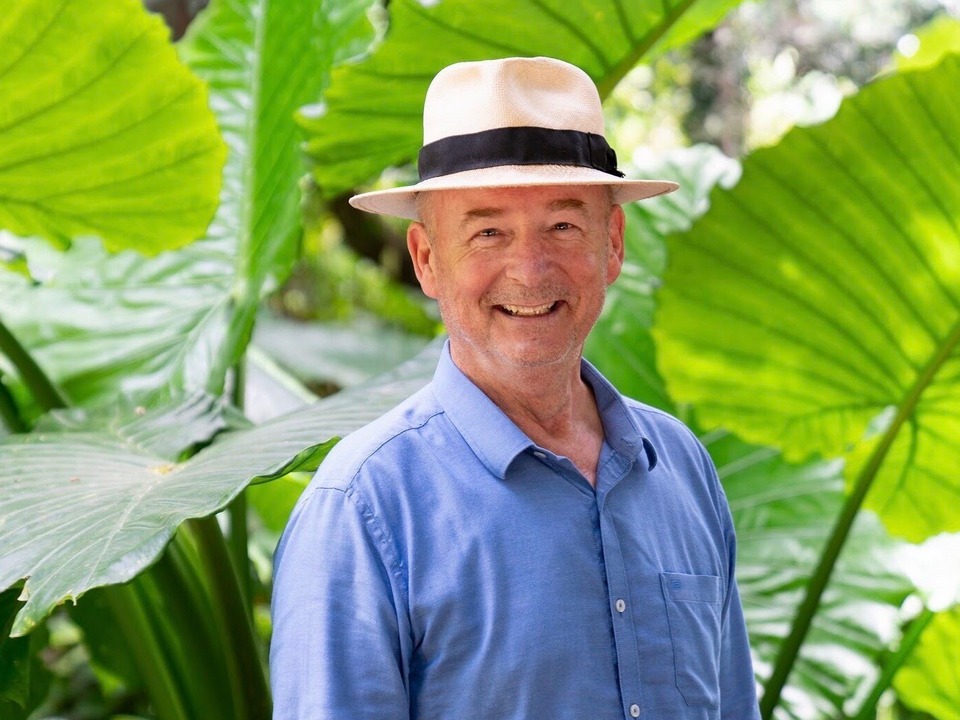
In chatting with Wolfgang Grimm, National President Thailand of Skål International the professional association of the travel and tourism industry here, when asked how confident he was that tourism to Thailand will rebound, he said “International tourism will grow gradually in 2022, people’s desire to experience smiling faces, great affordable food and breathtaking cultural and natural landscapes is still there but the process is complex. We welcome the Government‘s efforts opening Thailand but the regulations and software to get a pass are still not user friendly enough”.
I asked him what he saw as his greatest challenges currently in promoting tourism to Thailand. He replied “There are too many conflicting or unprecise public communications. Vaccination is doing well but not everywhere. We have not reached safe herd immunity levels in some provinces”, said President Wolfgang.
He added ”The industry has not used the Covid downtime to focus and install more sustainable tourism products to safeguard the future of our children. For instance I am based in Krabi and we have many boats using our waterways and trips to the island in a normal year. The Government needs to promote electric marine, river and lake tourism transport,” he said.
Moving the discussion nationally I asked him what will change for tourism around Thailand. He replied, “Nothing really will change.
Phuket will lead most of the mass tourism and also top quality experiences and get the most TAT attention. Pattaya is fighting for survival and PR identity. Hua Hin, Chiang Mai and Samui will continue to attract the quality higher yield markets, both Domestic and International. Krabi has great potential for sustainable tourism but needs more of TAT’s support. Also TCEP should encourage and support carbon reduced MICE events in 2022” Wolfgang said.
Arriving at the destination is only part of the journey. TG has announced a reduction in its fleet selling 42 older planes and returning leased aircraft. I asked President Wolfgang Grimm how did he see this impacting tourism to Thailand. “TG has played an important interline role for all international airlines but history proved that their old and new management set-up could not achieve profitability. They need a rich tycoon (hopefully Thai) to take full control and reinvent the Airline for the sake of Thailand,” Skål’s National President said.
British Visitors to Thailand
Covid has redrawn the British holidaymaker’s travel map, with flights to many destinations still far off normal levels.
Britain’s skies are still significantly clearer than before the pandemic began, data shows flights out of the country a third below normal despite the relaxation of travel restrictions. Only a small minority of global destinations are matching levels of British air traffic from before the pandemic.
Flights to Europe have now seen the strongest recovery of all destinations, with air traffic in routes to Spain, Greece and Cyprus most resembling pre-pandemic activity.
This normality still alludes flight paths to Asia where flights are below half normal levels – there are now just 8 flights a week to Bangkok versus 30 a week at this point in 2019.
About the Author
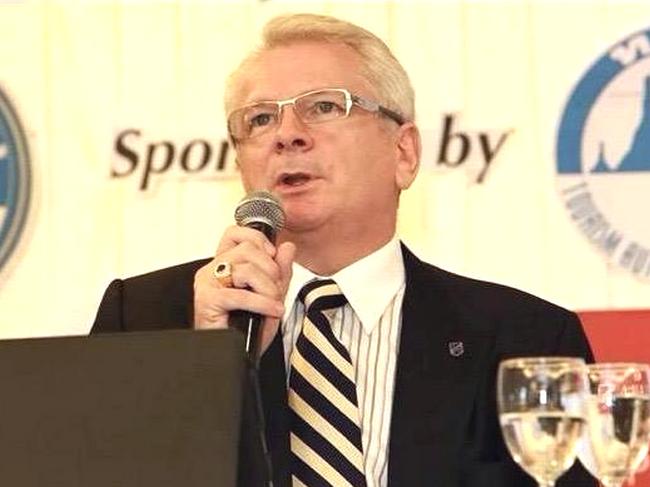
Andrew J Wood was born in Yorkshire England, he is a former hotelier, Skalleague and travel writer. Andrew has 48 years of hospitality and travel experience. Educated at Batley Grammar School and a hotel graduate of Napier University, Edinburgh. Andrew started his career in London, working with various hotels. His first posting overseas was with Hilton International, in Paris, and he later arrived in Asia in 1991 on Bangkok with his appointment as Director of Marketing at the Shangri-La Hotel and has remained in Thailand ever since.
Andrew has also worked with the Royal Garden Resort Group now Anantara (Vice President) and the Landmark Group of Hotels (Vice President of Sales and Marketing). Latterly he has been the General Manager at the Royal Cliff Group of Hotels in Pattaya and the Chaophya Park Hotel Bangkok & Resorts.
A past board member and Director of Skål International (SI), a former National President with SI Thailand and a two time past President of the Bangkok Club. Andrew is currently President of Skål Asia. In 2019, Andrew was awarded SKÅL’s highest award the distinction of Membre D’Honneur. He is a regular guest lecturer at various Universities in Asia.
 |
 |
 |





